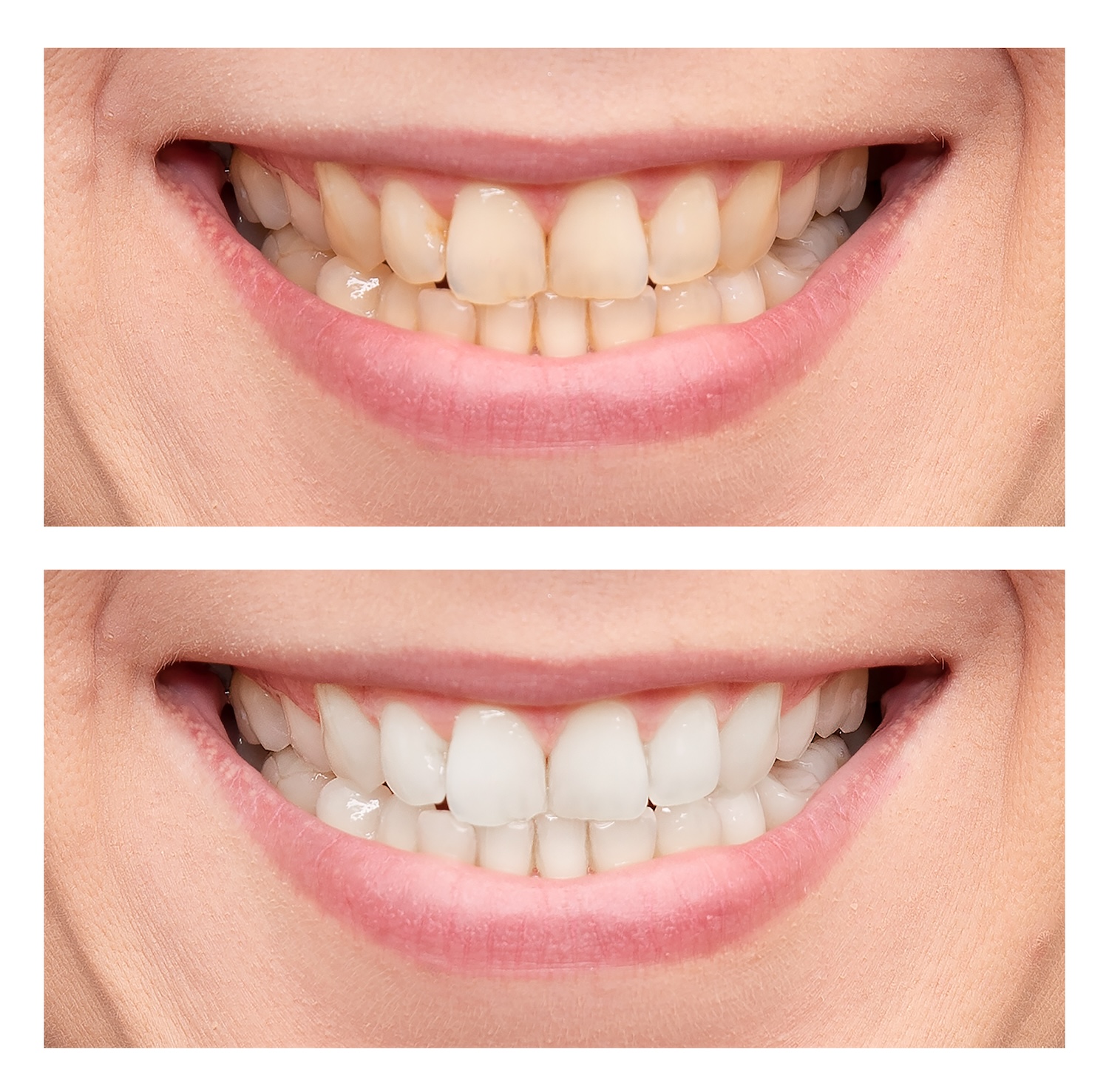In this post, we compare professional teeth whitening with at-home kits to help you choose the best option for your smile.
Can You Get Your Teeth Whitened After a Root Canal?

When a tooth undergoes a root canal, it’s usually to save it from severe decay or infection. While root canals do an amazing job at preserving your tooth, it’s not uncommon for the treated tooth to darken over time. This discoloration can leave many patients wondering about teeth whitening after root canal treatment. At CarolinasDentist, we get this question a lot, and the answer is—it depends! Let’s dive into why discoloration happens after a root canal and explore your whitening options for restoring that bright, even smile.
Why Do Teeth Discolor After a Root Canal?
Root canals remove the tooth’s pulp (the inner nerve and blood supply). This can lead to a lack of nutrients and moisture in the tooth. As a result, the tooth may darken or appear grayish over time. Additionally, any materials used to fill the tooth during the root canal procedure can sometimes contribute to a slight change in color. While this doesn’t impact the health of your tooth, it can affect the overall appearance of your smile.
Whitening Options for a Tooth After a Root Canal
So, what are your options if you want to brighten a tooth after a root canal? Let’s look at some of the common methods and how well they work:
Internal Bleaching
One effective way to whiten a root canal-treated tooth is through a procedure called internal bleaching. Unlike traditional whitening that works on the outer surface of your teeth, internal bleaching involves placing a bleaching agent directly inside the tooth. This procedure is done by your dentist, who will temporarily open the tooth, insert the whitening material, and seal it up until the desired brightness is achieved. Internal bleaching usually requires a few sessions but can significantly improve the color of a root-canal treated tooth.
Traditional Whitening Treatments
If you’re hoping to use standard whitening strips, trays, or in-office treatments, you might be disappointed. Traditional teeth whitening methods typically only work on the outer surfaces of teeth and are not as effective on a discolored tooth with a root canal. While these treatments can lighten the surrounding natural teeth, they may not work as well on the darker, root canal-treated tooth, leading to an uneven smile.
Dental Veneers or Crowns
For patients looking for a more permanent solution, a veneer or crown can be placed over the discolored tooth. Crowns cover the entire tooth and are a great option if the tooth needs additional strength or protection. Veneers are thin shells applied to the front of the tooth, ideal for improving aesthetics. Both options can be customized to match the color of your surrounding teeth, providing a long-lasting and natural-looking result.
Which Whitening Option is Right for You?
Choosing the best whitening method depends on the level of discoloration and your overall smile goals. Internal bleaching can be a great choice if you’re looking to brighten a single root canal-treated tooth. On the other hand, if you have multiple aesthetic concerns or want a longer-lasting solution, a veneer or crown may be the way to go.
At CarolinasDentist, we take a personalized approach to each patient’s smile. Our experienced team can assess the condition of your root canal-treated tooth and discuss the best options for restoring its natural appearance.
Visit CarolinasDentist for a Whiter, Brighter Smile
If you’re in North Carolina and considering whitening options for a tooth after a root canal, CarolinasDentist is here to help. With 13 locations across the state, our team of skilled dentists is equipped to offer personalized solutions for every patient. Whether it’s internal bleaching, a crown, or another cosmetic option, we’re committed to helping you achieve a confident, radiant smile. Schedule a consultation with CarolinasDentist today and let us guide you to the best solution for your unique needs!









